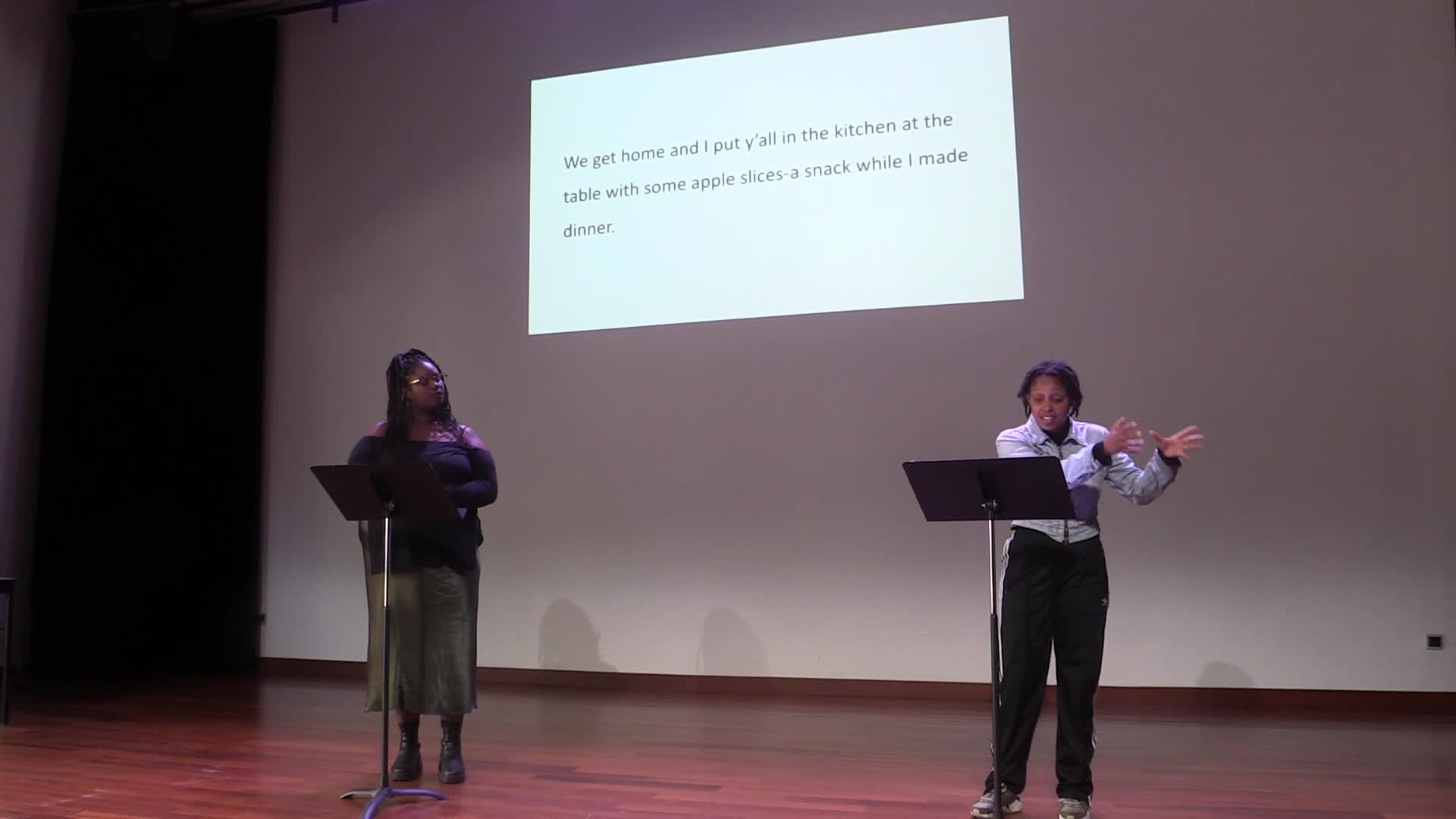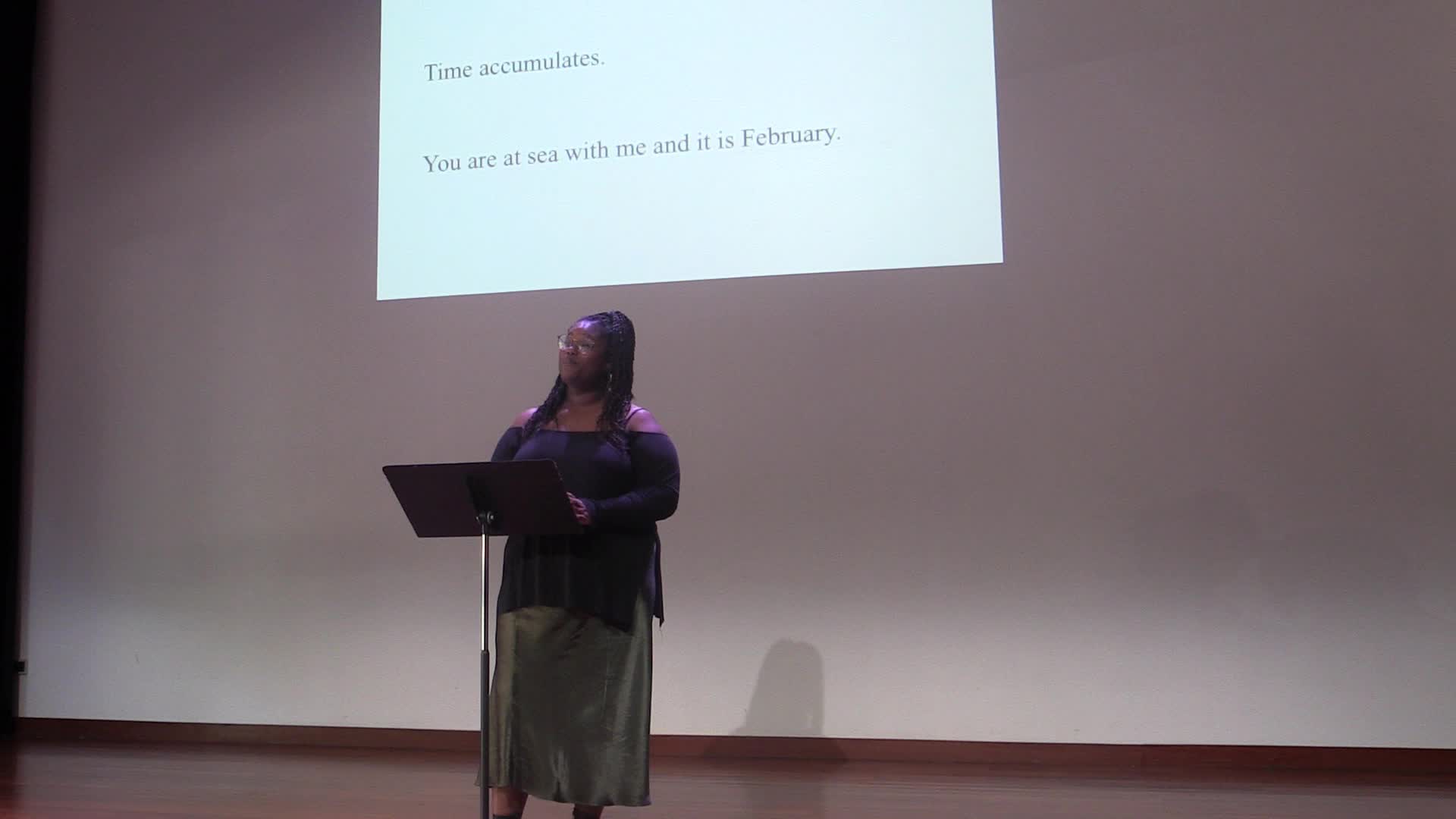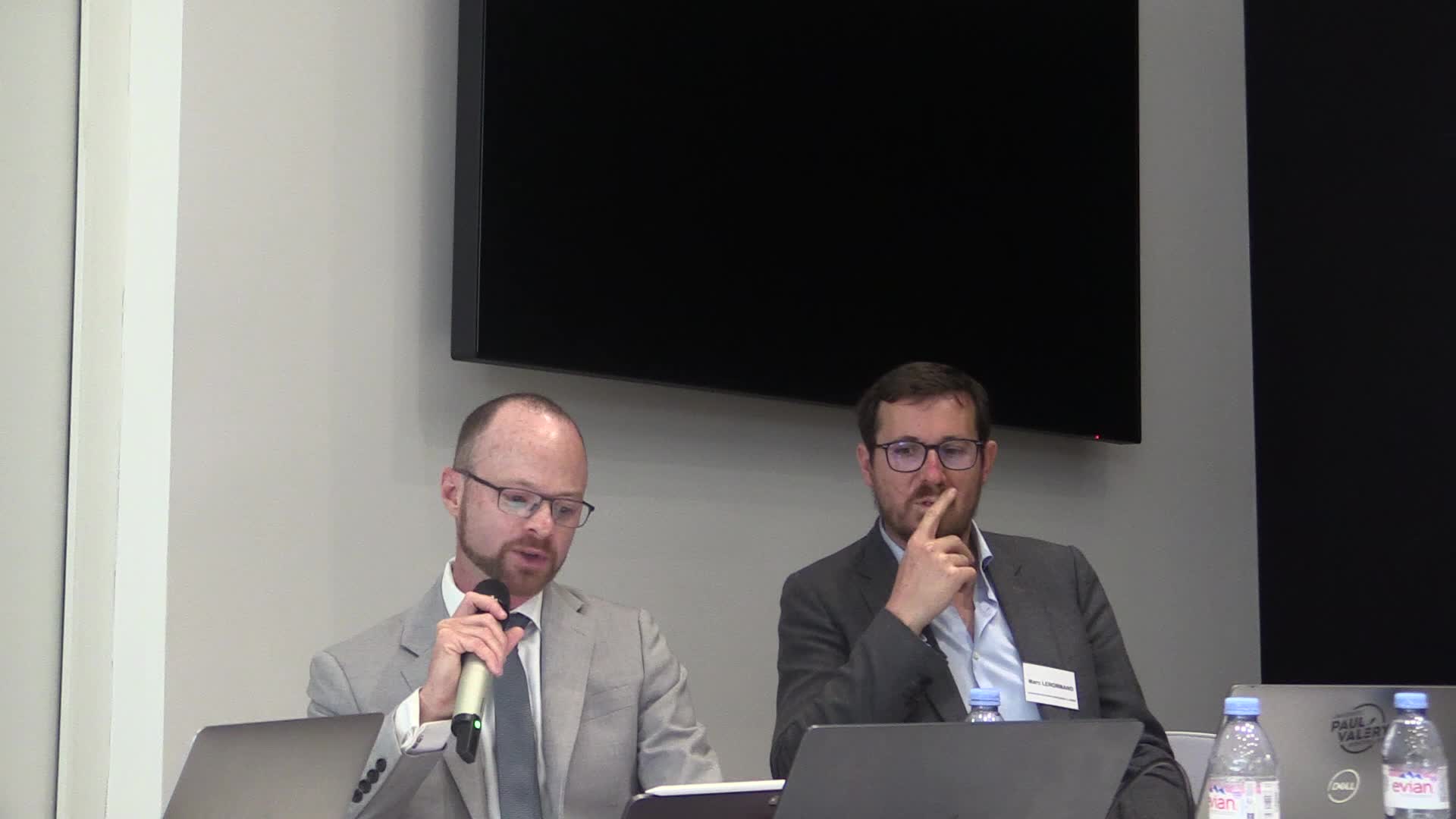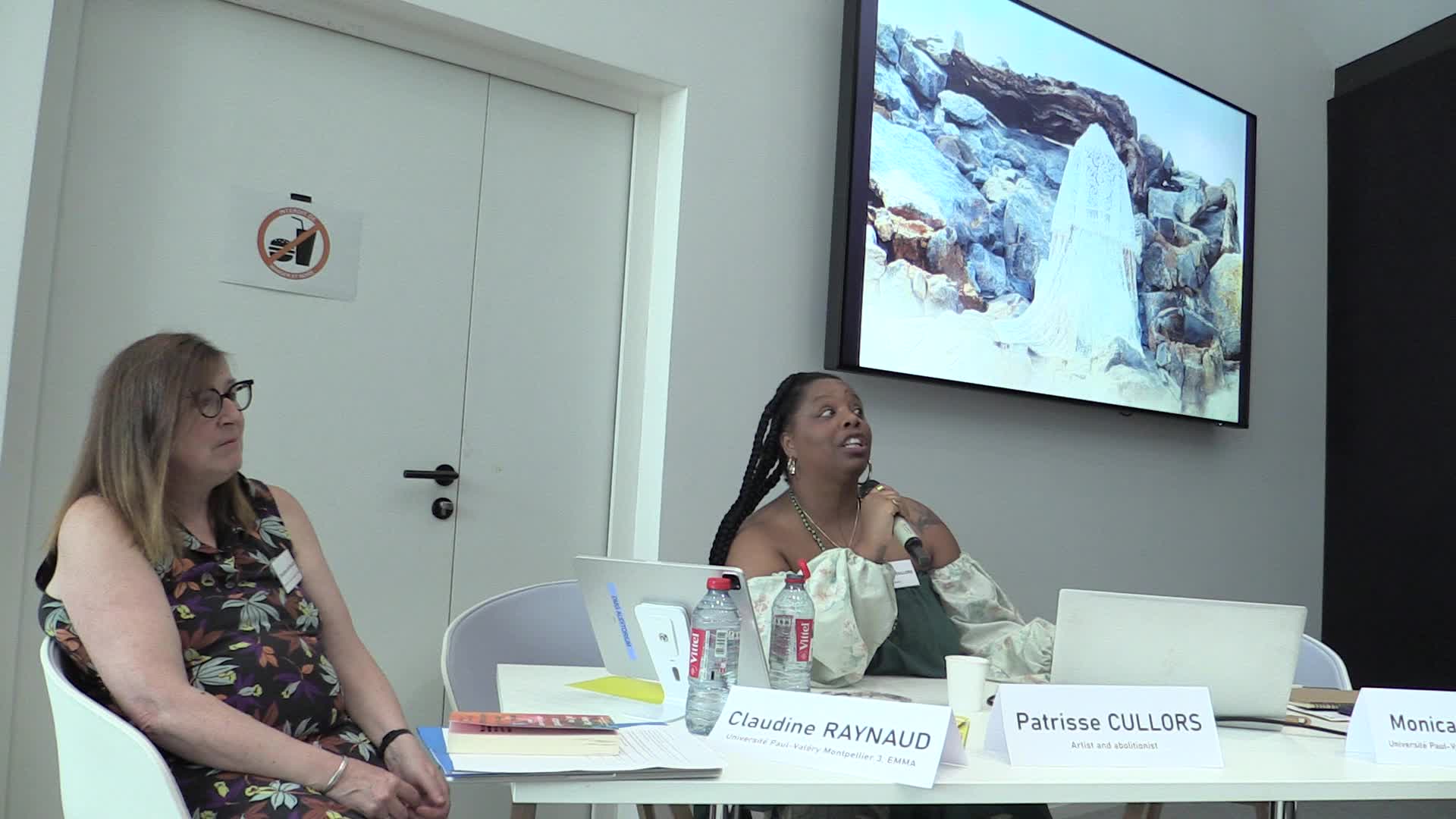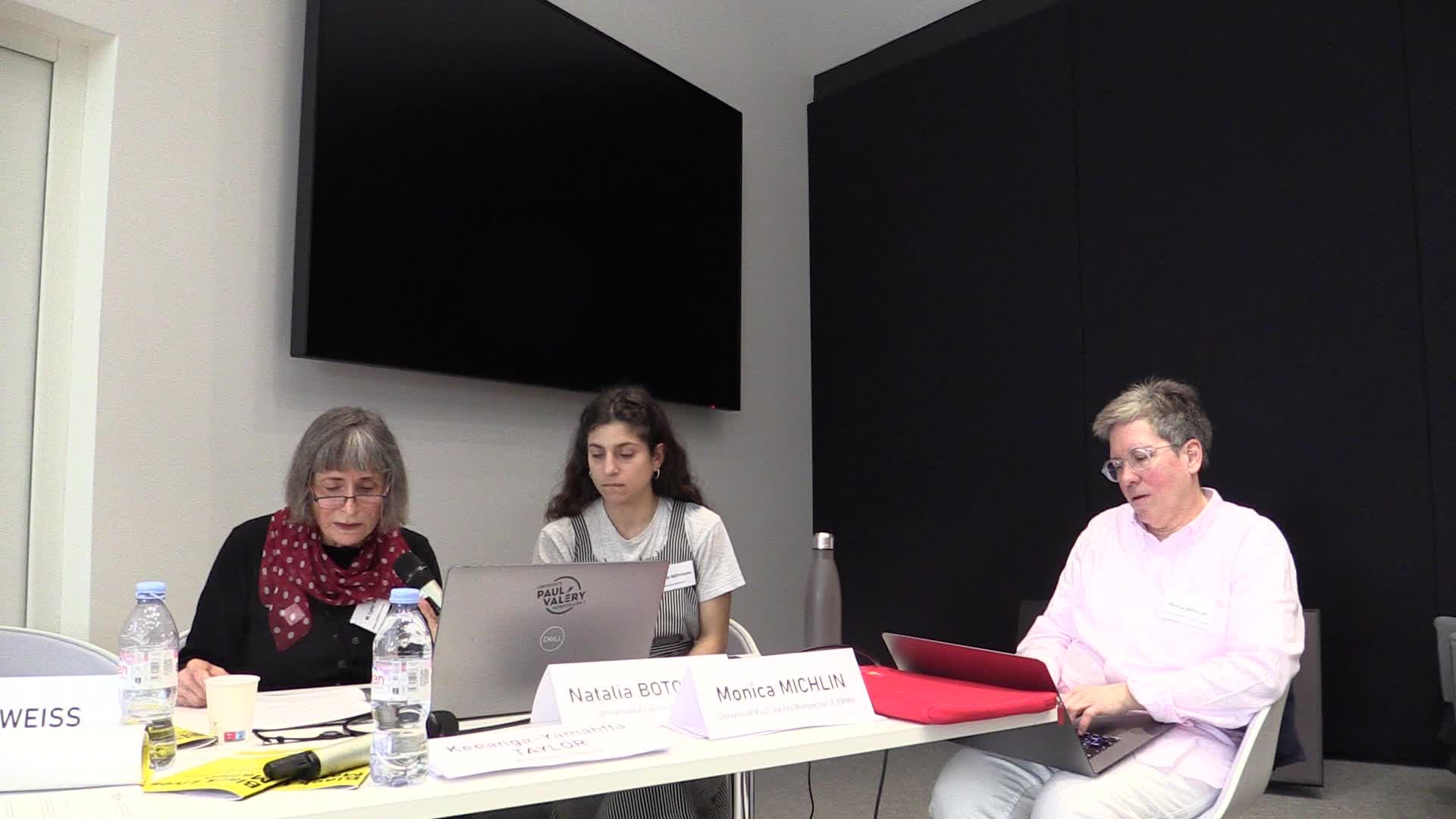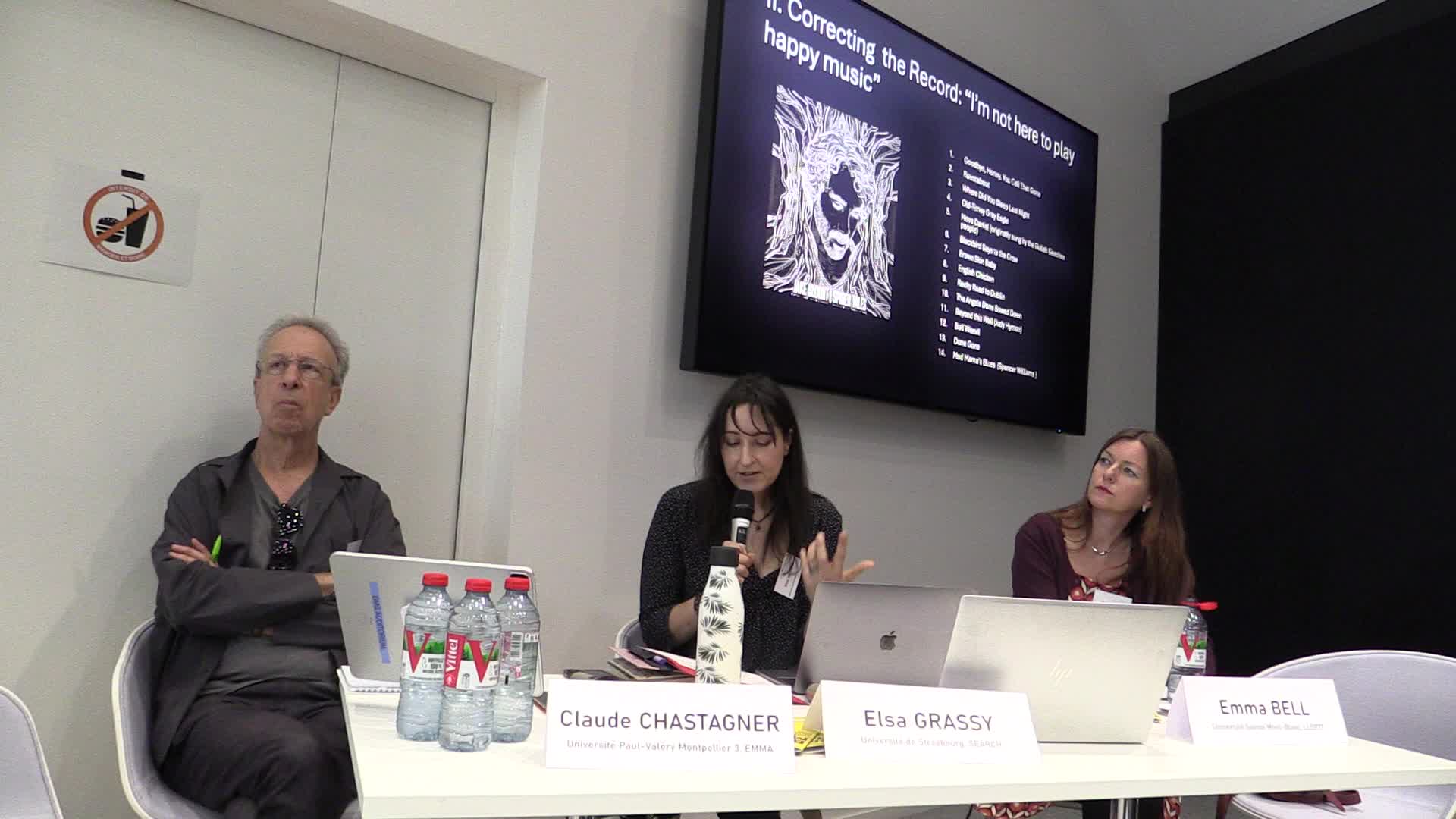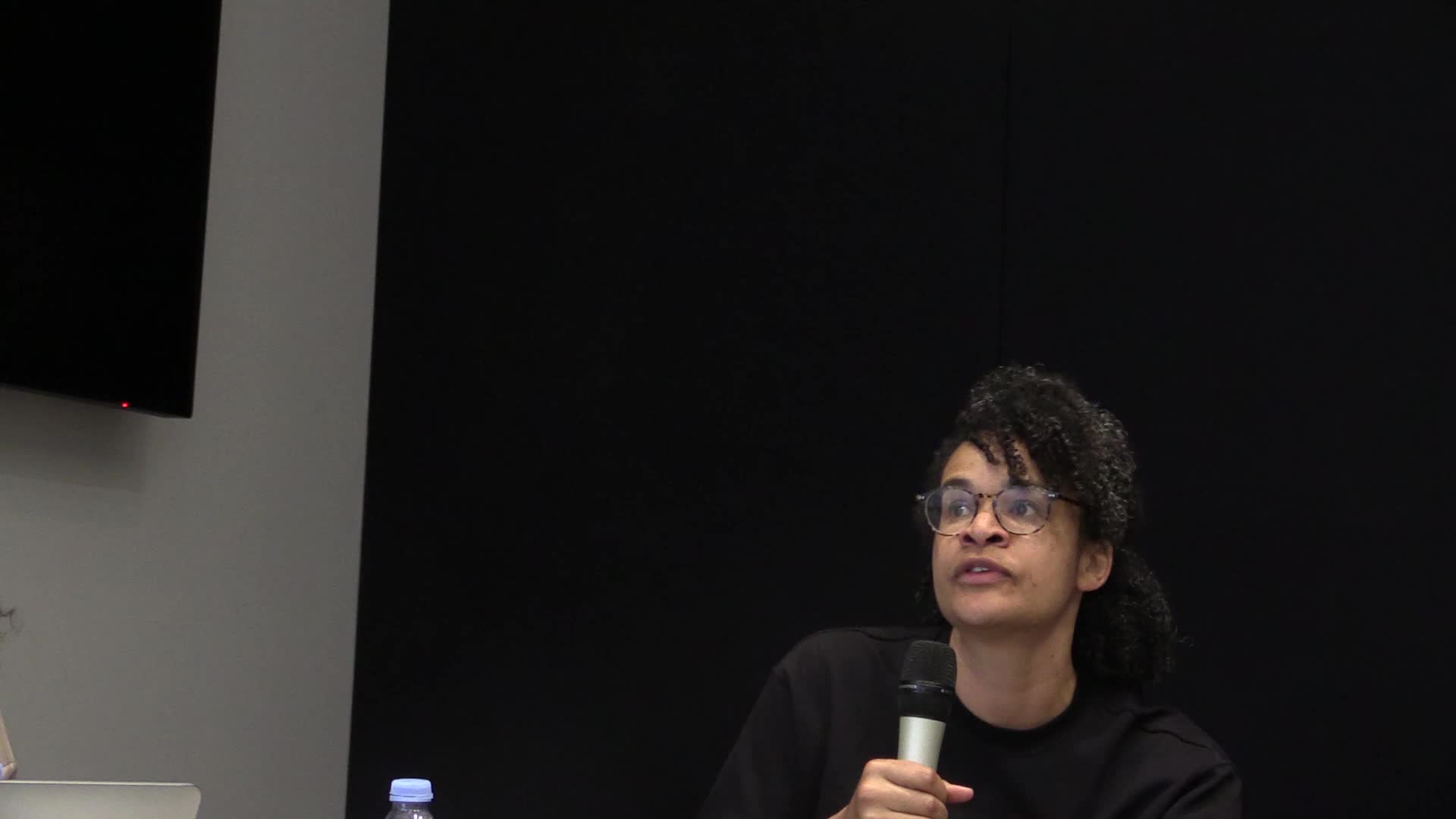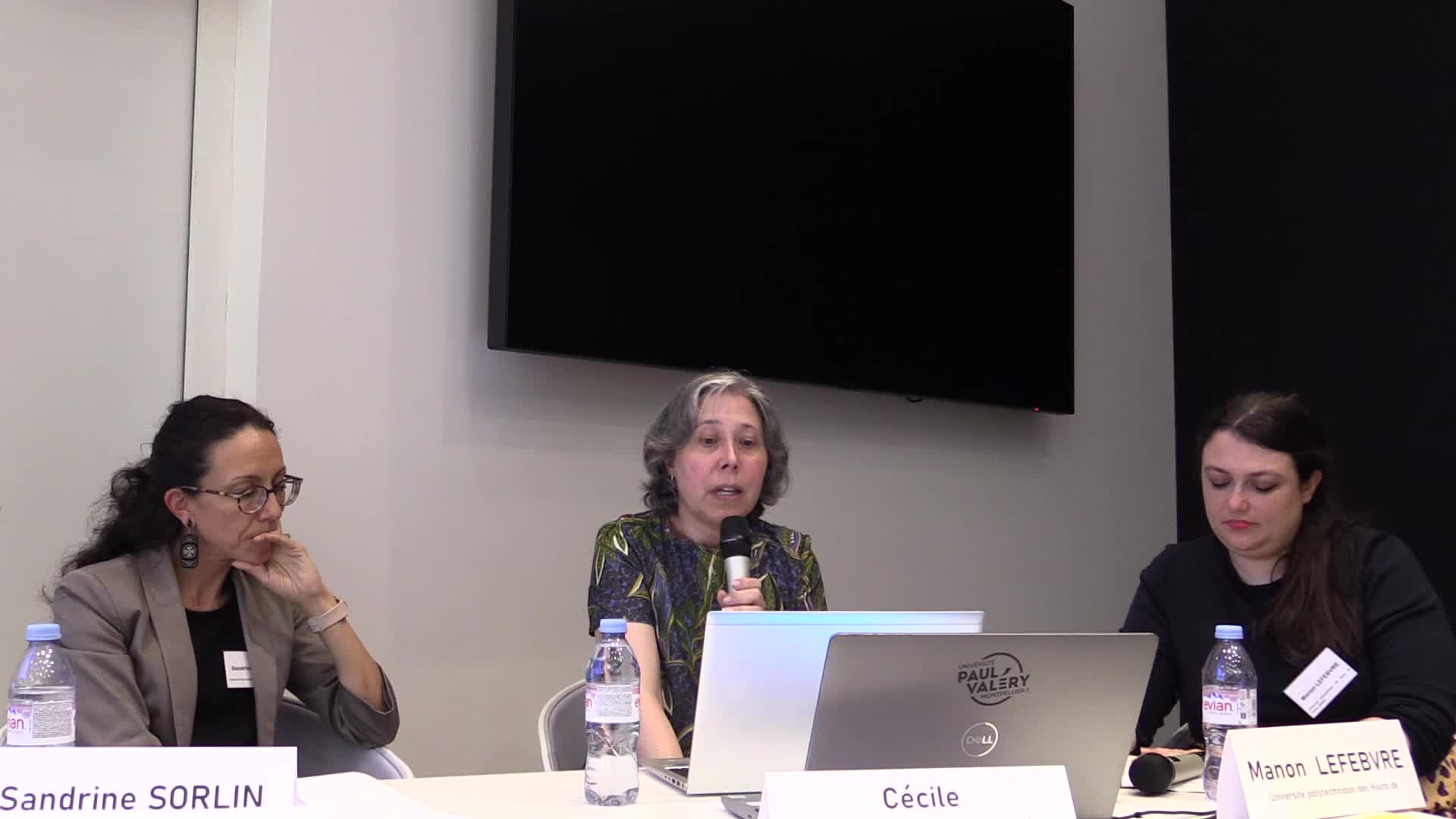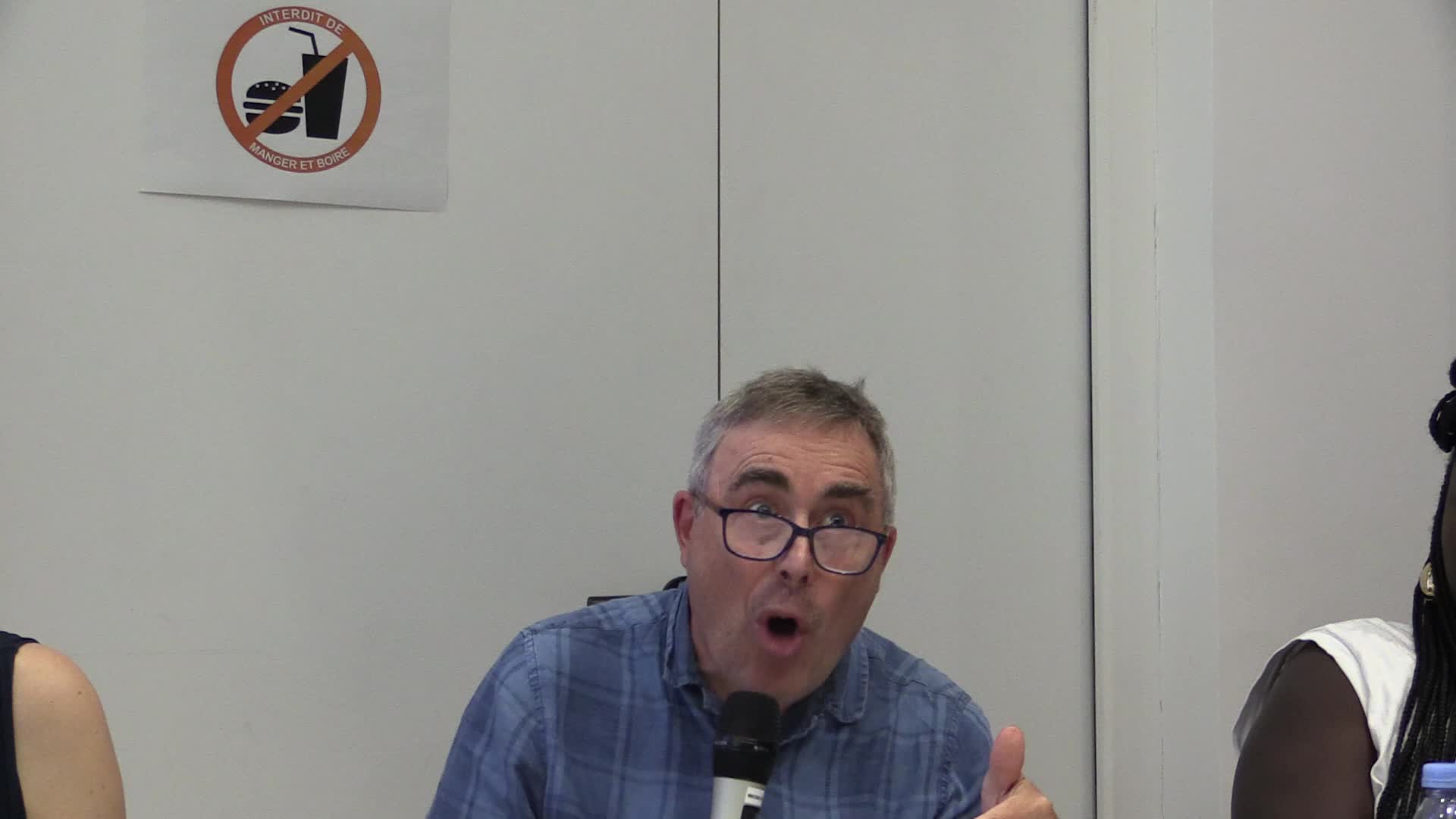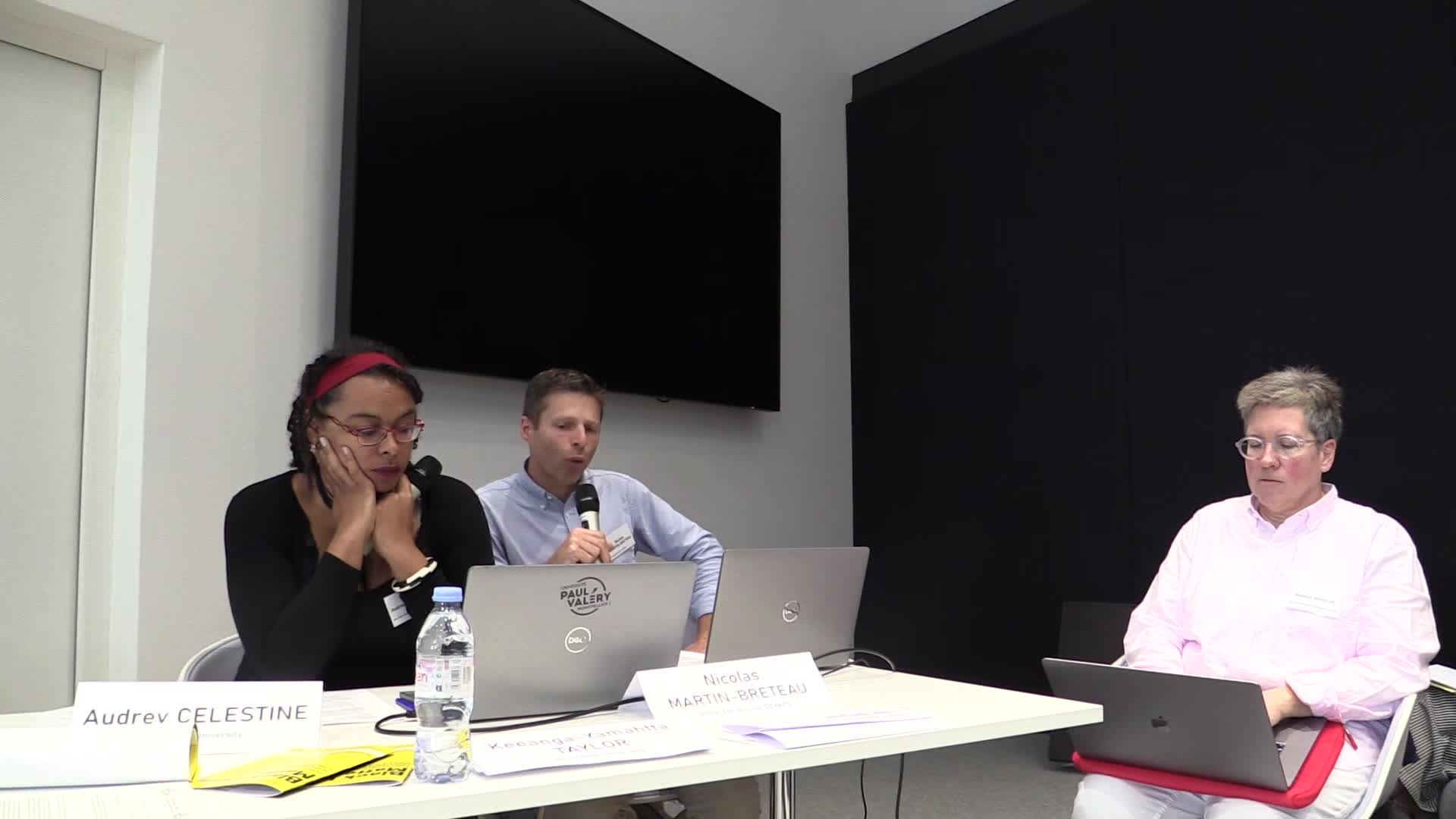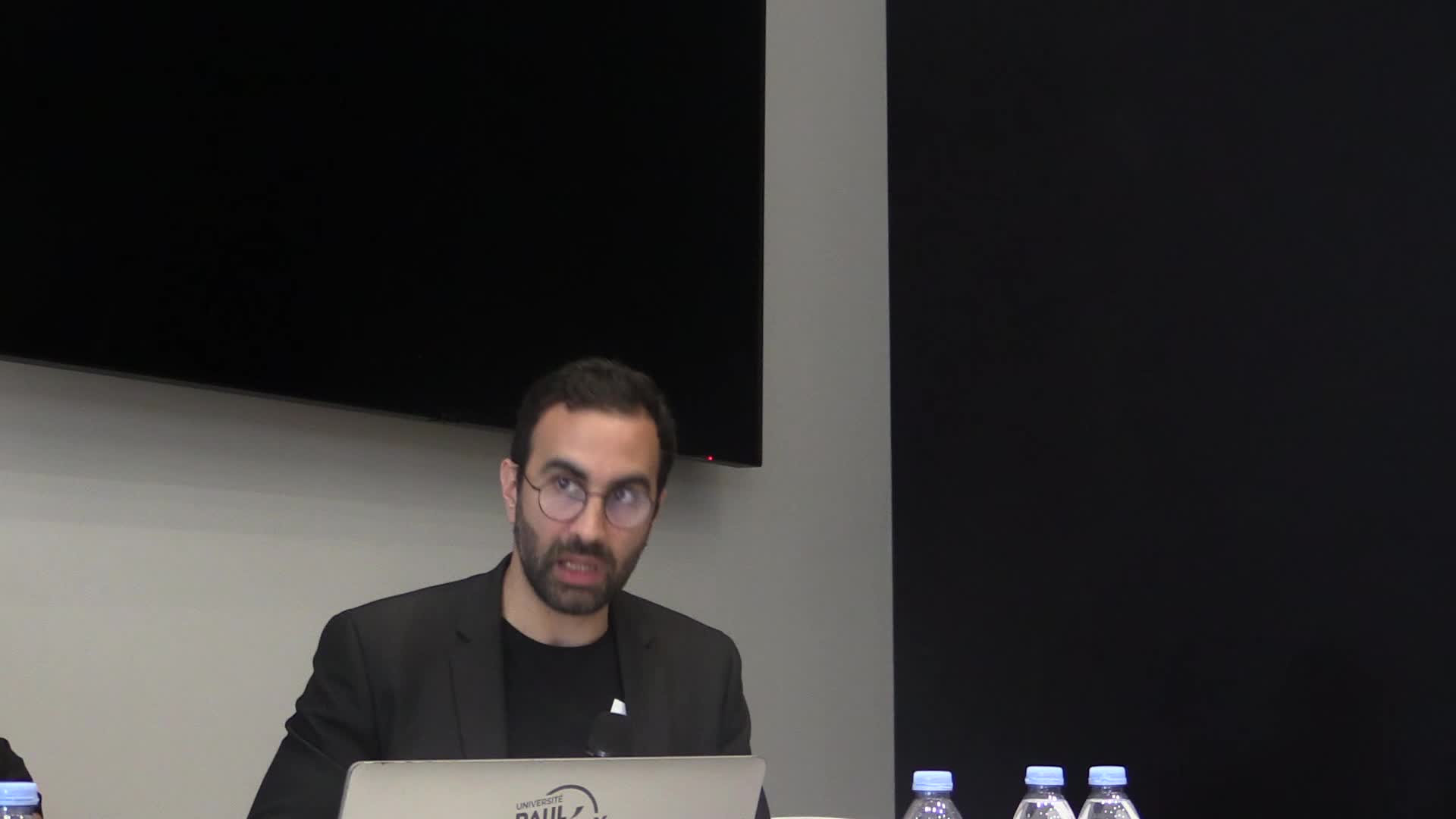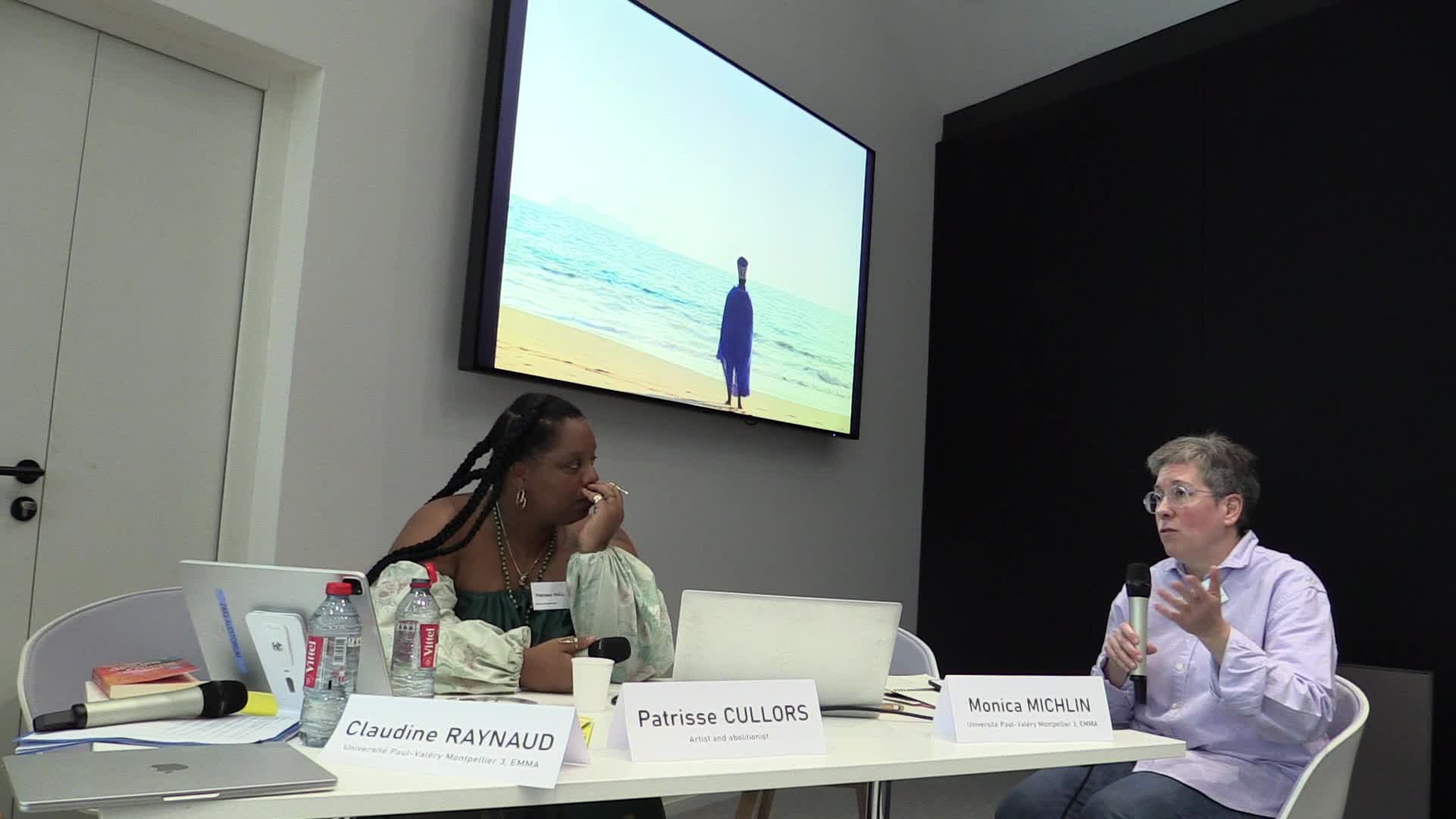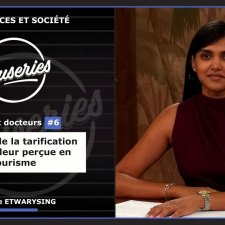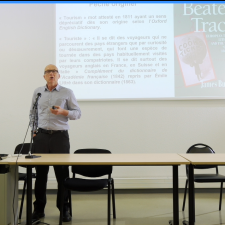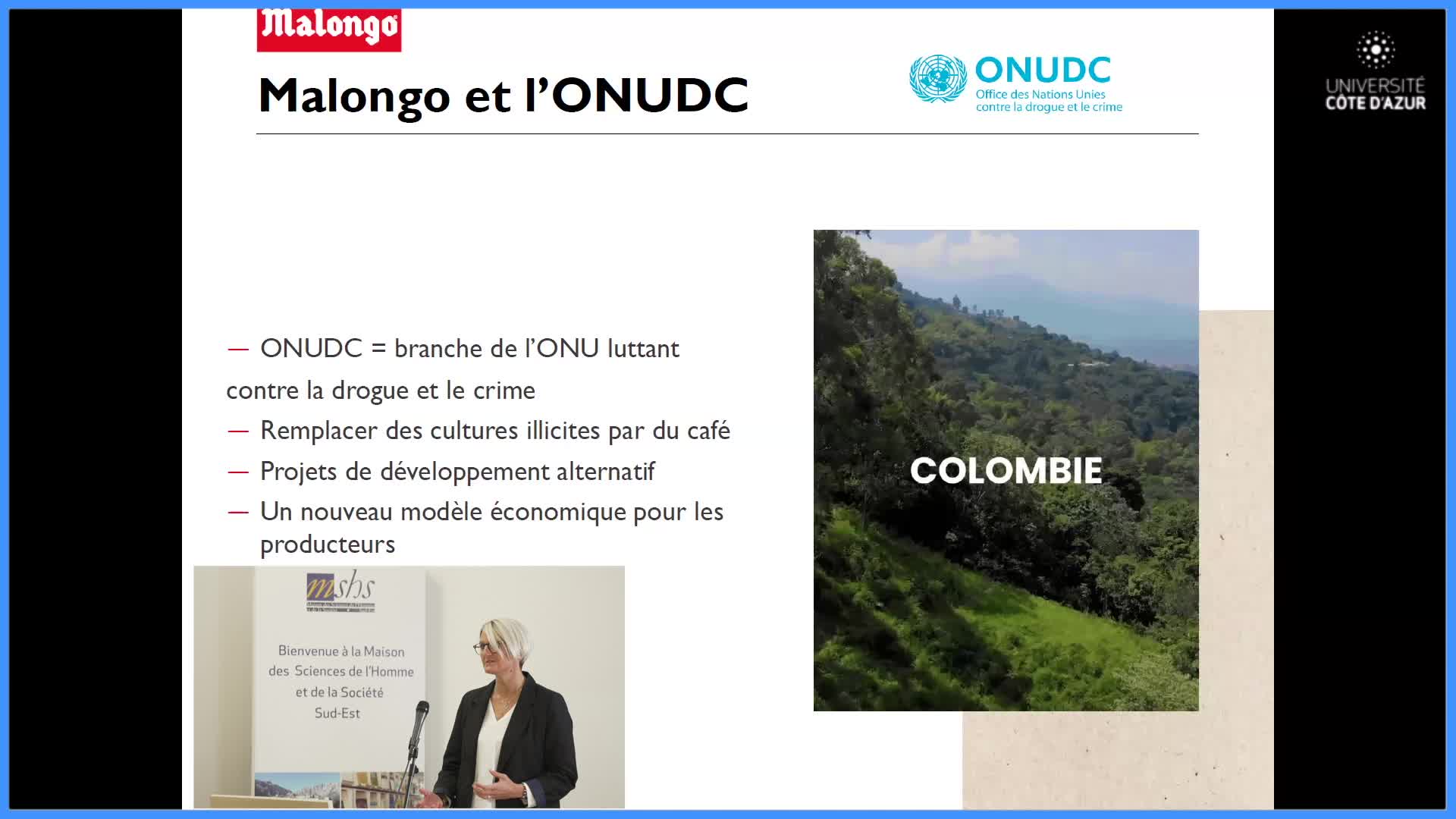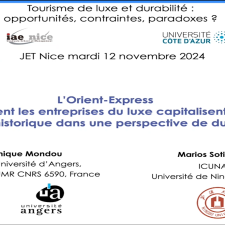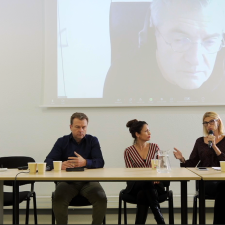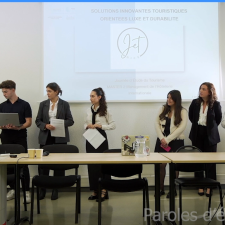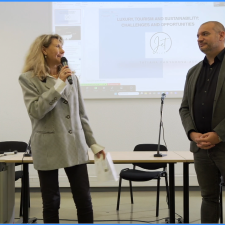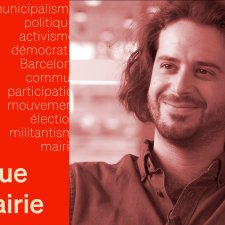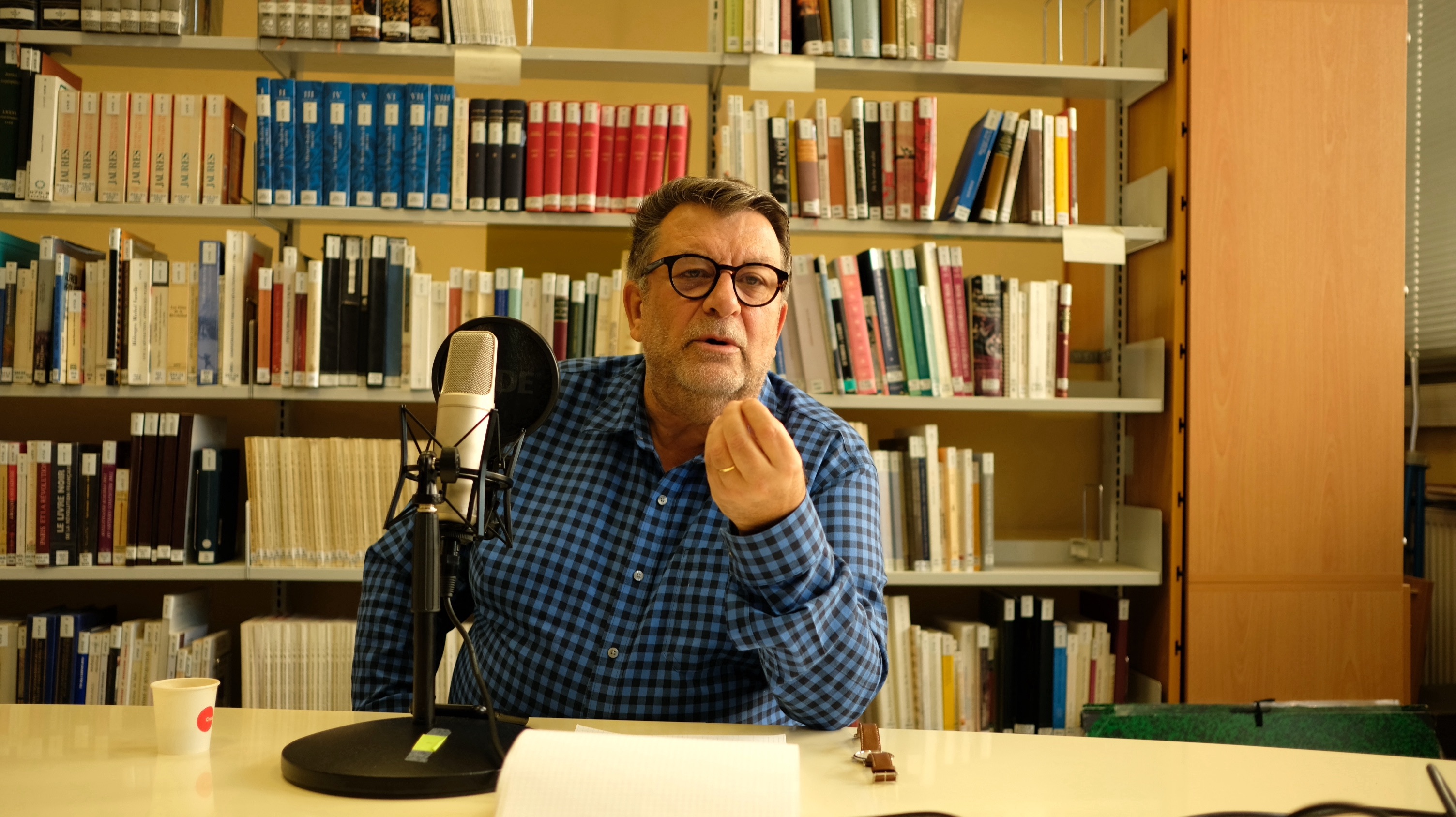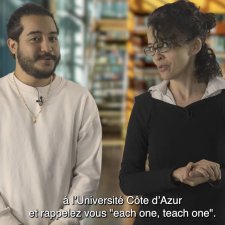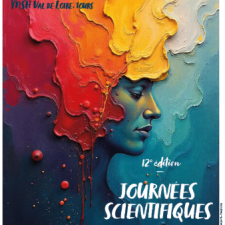Notice
"Black Lives Matter and African American political mobilization: the quest for legitimacy in the outdoors and the outdoor industry"
- document 1 document 2 document 3
- niveau 1 niveau 2 niveau 3
Descriptif
Over the last few years, in part thanks to movements like Black Lives Matter, the outdoor industry, through some of its most prominent brands, seems to have raised the question of racial inequalities. This potential politicization of brands whose main customers have traditionally been white may indicate a change of mindset in the world of outdoor activities as a whole in the United States. Indeed, whether it be through an economic perspective or through the lens of leisure and sports practices, the outdoor industry has always been regarded as a space primarily dedicated to and occupied by white professionals and/or athletes. This assessment actually digs deep into the history of the United States with the great outdoors, at large, and the relation between people and space, which contributed to making the outdoors[1], understood as a geographical space and a socio-cultural environment, and the American wilderness more generally, a symbol of racial inequalities and disparities. Through habits, as well as policies, legal measures, or ingrained prejudices, the United States’ complex relation with the outdoors has perpetuated a representation of these natural spaces as being primarily white-dominated. In that sense, conservation movements played a key role in elaborating these trends. By contrast, these aforementioned factors reinforced the traditional perception that minorities belong to the urban world and are thus logically excluded from nature. These patterns have led to a form of nature deprivation for minority groups, and particularly African Americans.
Nowadays, these representations still hold true to a certain extent, and seem to be exemplified by outdoor recreational activities, as fields like trail running, hiking, skiing, climbing, mountaineering etc. are disproportionately perceived as being enjoyed by whites, which is also why outdoor industry brands have essentially identified white customers as their primary potential targets. However, this traditional perception of the outdoors hides a more complex and more diversified reality, and does not take heed of the growing presence of amateur and professional athletes who do not abide by these racial archetypes. As such, they contribute to demonstrating that the outdoors might be undergoing significant changes, appealing increasingly to a wider range of Americans who belong to ethno-racial minority groups. This is particularly true for African Americans who engage in outdoor-related activities and sports, and who, under the impulse of civil rights organizations and communities in hiking or running, for instance, highlight this commitment. It can also be done through more publicized and mediatized events, as the first all-black climbing team reaching the Everest demonstrated in 2022. In light of these elements, the outdoors is consistently becoming a “contested terrain[2]” where leisure activities can be analyzed through a political and activist lens. As a consequence, brands and athletes alike engage in a redefinition of the outdoors as a space where diversity could become normalized in the future.
In this context, this presentation would like to scrutinize how Black Lives Matter and the outdoor community have been interacting lately, examining the impact of the movement on African Americans’ sense of legitimacy in the outdoors. We will try to determine if Black Lives Matter has contributed to widening the scope of the great outdoors, facilitating the access to nature-related recreational activities to Blacks. The purpose will also be to assess the role played by Black Lives Matter in turning the outdoors into a geographical and social space where Blacks do belong, generating, in the process, a sense of place[3] that contrasts with the traditional feeling of being “out of place.”[4] As such, we will analyze if the alleged politicization of well-known brands in the outdoor industry, like Patagonia, for instance, has been and can be instrumental in transforming the overall representation of the outdoors in the United States, marking a new era in people’s relation with nature and wild spaces through recreational activities.
[1] “The natural world: the places outside of areas developed by humans,” Merriam-Webster. Definition to be developed.
Traditionally understood as spaces that are not in urban areas, but in nature.
“All recreational activities undertaken for pleasure that generally involve some level of intentional physical exertion and occur in nature-based environments.” https://www.southwickassociates.com/u-s-government-now-recognizes-the-s…
[2] Katherine Dashper & Jason King.
[3] Tim Cresswell, Place : A Short Introduction and In Place/Out of Place. Geography, Ideology, And Transgression.
[4] Tim Cresswell. In Place, Out of Place. Geography, Ideology, and Transgression.
Intervention / Responsable scientifique
Dans la même collection
-
Stage reading with actors Lorry Hardel and Olivia Mabounga of extract from Aleshea Harris's play Is…
MaboungaOliviaLorryHardelStage reading with actors Lorry Hardel and Olivia Mabounga of extract from Aleshea Harris's play Is God Is
-
Stage reading with actor Olivia Mabounga of extract from Selina Thompson's play Salt.
MaboungaOliviaStage reading with actor Olivia Mabounga of extract from Selina Thompson's play Salt.
-
Victor Ray (University of Iowa) - "Critical Race Theory and the Interest Divergence Dilemma"
"Critical Race Theory and the Interest Divergence Dilemma" - Victor Ray (University of Iowa)
-
Questions and Answers with Patrisse Cullors, artist, and BLM co-founder (Part III)
RaynaudClaudineMichlinMonicaQuestions and Answers with Patrisse Cullors, artist, and BLM co-founder (Part III)
-
“A Monumental Revision” - Lynn Weiss (College of William and Mary)
“A Monumental Revision” - Lynn Weiss (College of William and Mary)
-
“Jake Blount and The Folk of Black Souls – Curating, Correcting | “Genre Queering” the US Folk Musi…
GrassyElsa“Jake Blount and The Folk of Black Souls – Curating, Correcting and “GenreQueering” the US Folk Music Canon in the Black Lives Matter Era”
-
"Facing the Past: Black Lancastrians” – Lela Harris (Artist, Kendal, UK)
Lela Harris (Artist) - “Facing the Past: Black Lancastrians”
-
“Appropriating #BlackLivesMatter in France: shedding light on home truths, or obfuscating them?”
CoquetCécile“Appropriating #BlackLivesMatter in France: shedding light on home truths, or obfuscating them?”
-
"Guerrilla Memorialisation and the Slave Site Tour in Lancaster: Towards a Radical Praxis"- Alan Ri…
Alan Rice (IBAR at UCLan, Preston) - "Guerrilla Memorialisation and the Slave Site Tour in Lancaster: Towards a Radical Praxis"
-
“Race, art and transnational public space through the lens of the Faith Ringgold Retrospective (Mus…
CélestineAudreyMartin-BreteauNicolas“Race, art and transnational public space through the lens of the Faith Ringgold Retrospective (Musée Picasso, Paris, 2023)”
-
Shifting perspectives: how Black Lives Matter altered views on the Israeli-Palestinian conflict
HochardTalal“Shifting Perspectives: How Black Lives Matter Altered Views on the Israeli-Palestinian Conflict” - Talal Hochard (Université de Lorraine, IDEA)
-
Questions and Answers with Patrisse Cullors, artist, and BLM co-founder (Part II)
RaynaudClaudineMichlinMonicaQuestions and Answers with Patrisse Cullors, artist, and BLM co-founder (Part II)
Sur le même thème
-
Causeries Sciences et Société - Parcours de doctorants et docteurs #6 - La perception de la valeur …
GaudieuxAurélieCauseries Sciences et Société - Parcours de doctorants et docteurs #6 - La perception de la valeur par le consommateur selon les différentes modalités de la tarification en tourisme
-
JET 7 - Tourismophobie, entre "tourisme de masse" et tourisme de luxe
GayJean-ChristopheJournée d'étude du groupe Tourisme/s - JET 7
-
JET 7 - "Café Malongo, la Durabilité au Service du Luxe"
Coulibaly-BalletMantiabaL'Equipe du projet Tourisme/s de l'Axe 4 de la MSHS Sud-Est de Nice, coordonnée par Sylvie Christofle (UMR 7300 ESPACE), avec l'Institut du Tourisme Côte d'Azur (ITCA), organise, le 12 novembre 2024
-
JET 7 - L’Orient-Express ou comment les entreprises du luxe capitalisent sur une marque historique …
MondouVéroniqueSotiriadisMariosL'Equipe du projet Tourisme/s de l'Axe 4 de la MSHS Sud-Est de Nice, coordonnée par Sylvie Christofle (UMR 7300 ESPACE), avec l'Institut du Tourisme Côte d'Azur (ITCA), organise, le 12 novembre 2024
-
JET 7 - Table ronde des experts
ChristofleSylvieL'Equipe du projet Tourisme/s de l'Axe 4 de la MSHS Sud-Est de Nice, coordonnée par Sylvie Christofle (UMR 7300 ESPACE), avec l'Institut du Tourisme Côte d'Azur (ITCA), organise, le 12 novembre 2024
-
JET 7 - Table ronde des d'étudiants
L'Equipe du projet Tourisme/s de l'Axe 4 de la MSHS Sud-Est de Nice, coordonnée par Sylvie Christofle (UMR 7300 ESPACE), avec l'Institut du Tourisme Côte d'Azur (ITCA), organise, le 12 novembre 2024
-
JET 7 - Introduction
ChristofleSylvieL'Equipe du projet Tourisme/s de l'Axe 4 de la MSHS Sud-Est de Nice, coordonnée par Sylvie Christofle (UMR 7300 ESPACE), avec l'Institut du Tourisme Côte d'Azur (ITCA), organise, le 12 novembre 2024
-
De la rue à la mairie
HamouDavidInterview de David Hamou, dans le cadre de la sortie de son ouvrage "De la rue à la mairie. Sociologie du municipalisme"
-
Donald Trump et la Constitution : anatomie pathologique de la démocratie américaine
MichelotVincentVincent Michelot, professeur d’histoire politique des Etats-Unis à Sciences Po Lyon, pose une question essentielle : les Etats-Unis sont-ils en train de glisser vers la démocratie illibérale ?
-
Rappers and "race" - Les rappeurs et la "race" 2
SouyriÉmilieBelletesteLorenzoDans la seconde partie de cette vidéo nous explorons les video clips de Lupe Fiasco, Kery James et quelques autres au prisme des concepts de cosmopolitisme et de nécropolitique emprunté à l'historien
-
Law, Identity, and Redemption: Justice in Karan Johar’s My Name is Khan
LefrançoisFrédéricCommunication présentée le 9 mai 2025 lors du Colloque international de la SARI "Représentation de la justice dans le cinéma indien 9 et 10 mai 2025" (Université Sorbonne Paris Nord, Campus de
-
La discrimination ethno-raciale dans la corporation des Avocat.es
ZribiYasmineLa recherche porte sur la manière dont les rapports sociaux ethno-raciaux participent à la division sociale d’une corporation professionnelle, celle des avocats. Si la formation et la réussite à l


